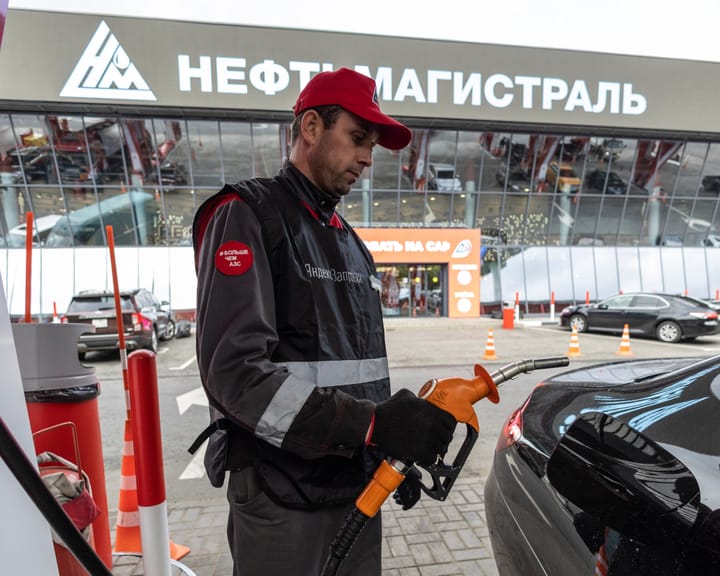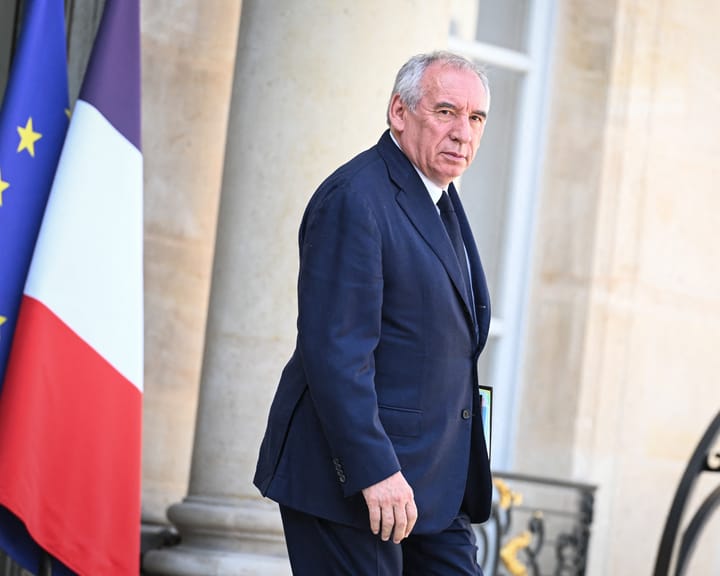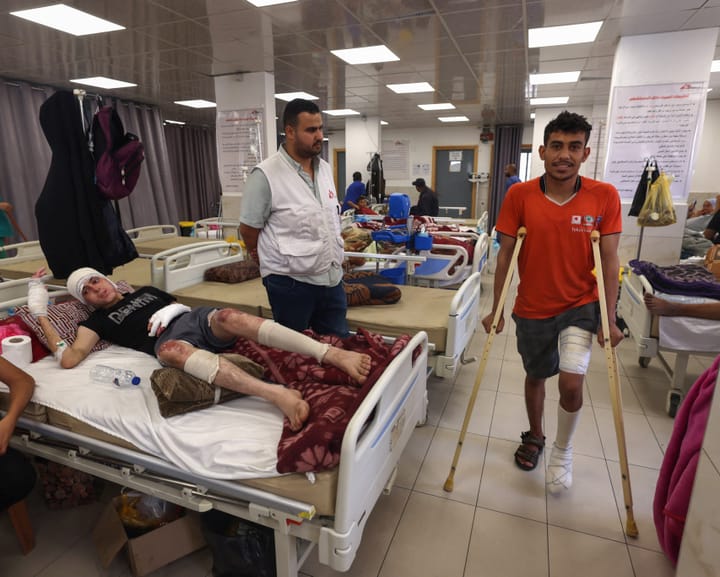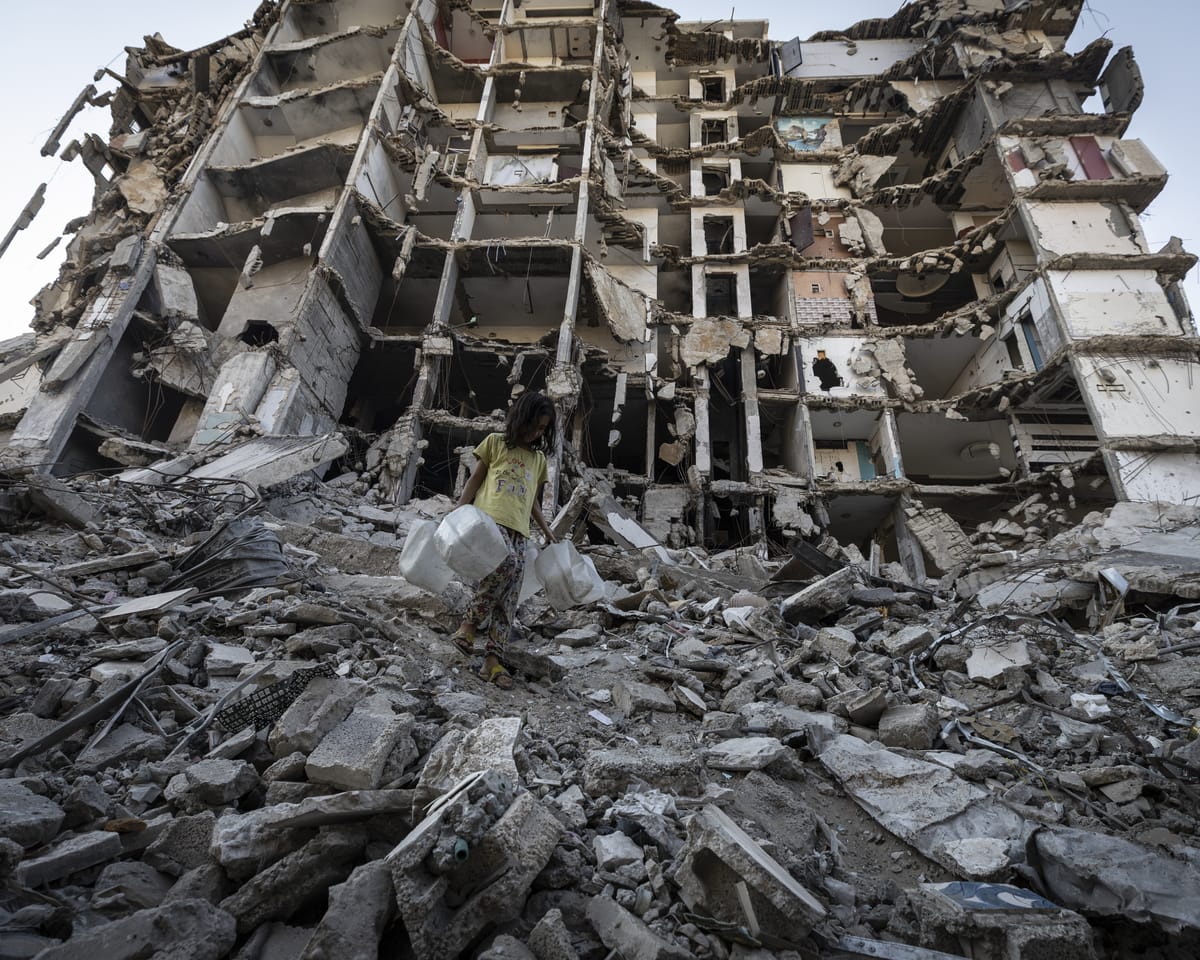The US has withdrawn its negotiating team from Gaza ceasefire discussions in Qatar after its envoy, Steve Witkoff, accused Hamas of showing little interest in reaching an agreement.
"While mediators have worked hard, Hamas does not seem prepared or sincere in reaching a ceasefire," Witkoff stated on Thursday. "We will now explore other ways to secure the release of hostages and improve conditions for Gaza’s population."
The move signals a setback in efforts to end the prolonged conflict, which has left Gaza in devastation for over 21 months. Israel also recalled its negotiators after Hamas's latest response, effectively halting weeks of talks brokered by Qatar, which had made little headway. Details on alternative steps remain unclear.
Reports from Haaretz suggest that Israel’s withdrawal was a coordinated tactic to increase pressure on Hamas.
Hamas expressed surprise at Witkoff’s comments, stating that its proposals had been well-received by negotiators and could pave the way for a broader deal.
"The movement remains committed to negotiations and resolving differences to achieve a lasting truce," Hamas said in a statement early Friday.
The development comes as Gaza faces severe humanitarian suffering. According to UN reports, Israeli forces have recently killed more than 1,000 people attempting to access food, with at least 85 Palestinians dying in a single day last Sunday. The World Health Organization has called the crisis "man-made starvation," citing restricted aid access.
Witkoff blamed Hamas for acting "selfishly" but reiterated US determination to end the violence in Gaza. American officials have repeatedly accused Palestinian negotiators of obstructing progress.
The proposed agreement would have instituted a 60-day pause in fighting, during which Hamas would release 10 living hostages and the bodies of 18 others in phases. Israel, in return, would free Palestinian prisoners, allow more aid into Gaza, and engage in long-term ceasefire talks.
Negotiations stalled over disagreements on where Israeli forces would withdraw after a ceasefire—particularly whether Israel would retain control of key corridors, a major obstacle. Israel insists the war will only end if Hamas gives up power and disarms, though the group has signaled openness to discussing a conditional transfer of authority.
Haaretz noted additional disagreements over which areas Israel would exit during a truce and which prisoners would be released.
Read next

Ukraine strikes on refineries leave Russians struggling with fuel shortages
Russia Faces Fuel Crisis as Drone Strikes Cripple Refineries
Russia, often regarded as an energy powerhouse, is experiencing unexpected fuel shortages after a series of Ukrainian drone strikes damaged refineries across the country.
In several regions, petrol stations have run out of fuel, prices have soared to unprecedented levels, and

"France in crisis: Economic dispute escalates into political turmoil"
France finds itself in economic uncertainty, lacking a budget and possibly facing a government collapse. Prime Minister François Bayrou has called for a parliamentary confidence vote on 8 September. With left-wing and far-right parties vowing to remove the government, he lacks the necessary support to prevail.
Recently, the Socialist Party

"MSF reports a third of Gaza outpatient wound patients are children"
Nearly one-third of outpatients treated for injuries at medical centers operated by Médecins Sans Frontières (MSF) in Gaza last year were children under 15, according to data published in The Lancet.
The statistics, shared by MSF in correspondence with the medical journal, were gathered from six healthcare facilities in Gaza,

